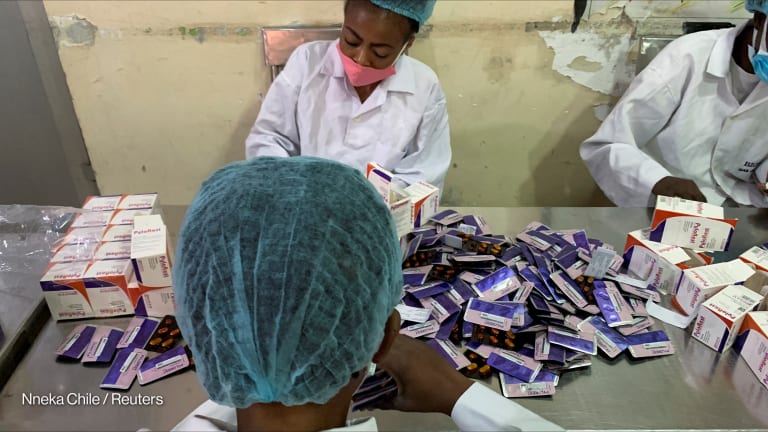Next up for the African Medicines Agency: Appoint a director general
The African Medicines Agency, a specialized health agency of the African Union, enters into another year of setting up its structures. Key to this is the appointment of a director general, which some speculate could happen in the coming months.
Once operationalized, the new agency will be tasked with improving regulatory harmonization of medicines across the continent. Countries across the continent face challenges in ensuring medicines are not fake or substandard and fragmented, often weak regulatory systems and porous borders make fighting this difficult. The continent currently imports the majority of its drugs and vaccines so countries are also working to boost their pharmaceutical manufacturing sectors.
Because of this, AMA is expected to play many roles, such as ensuring the quality of drugs that are imported, providing scientific guidelines, as well as ensuring the quality of drugs manufactured locally is up to par.
Search for articles
Most Read
- 1
- 2
- 3
- 4
- 5








